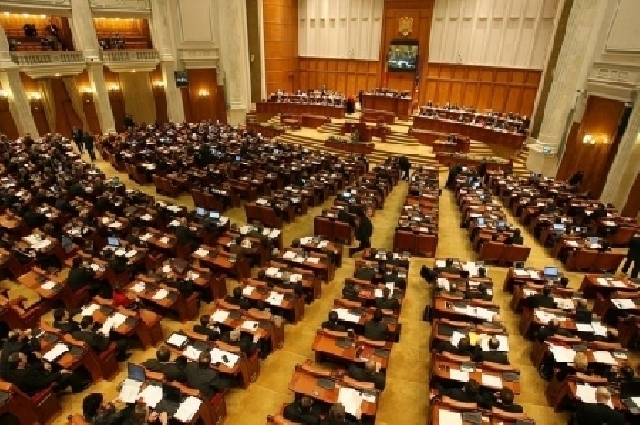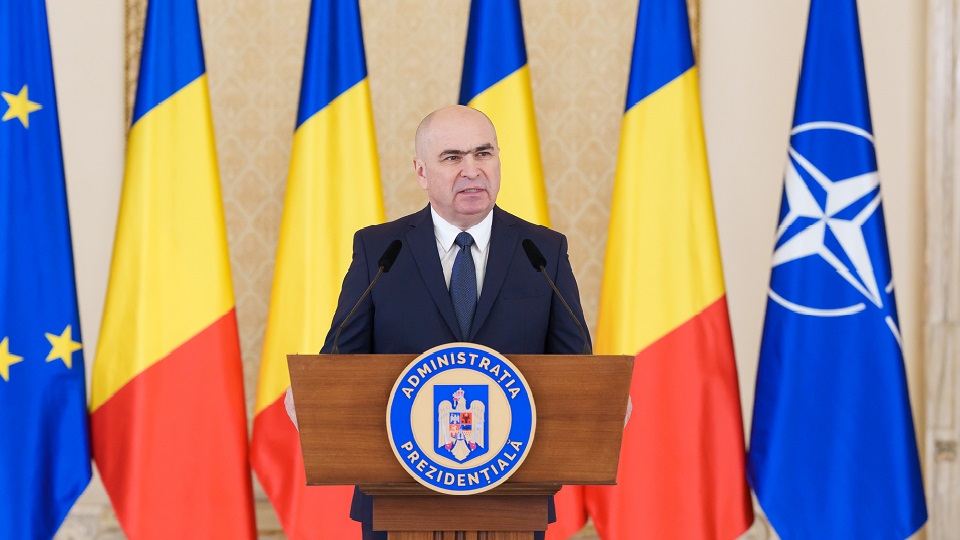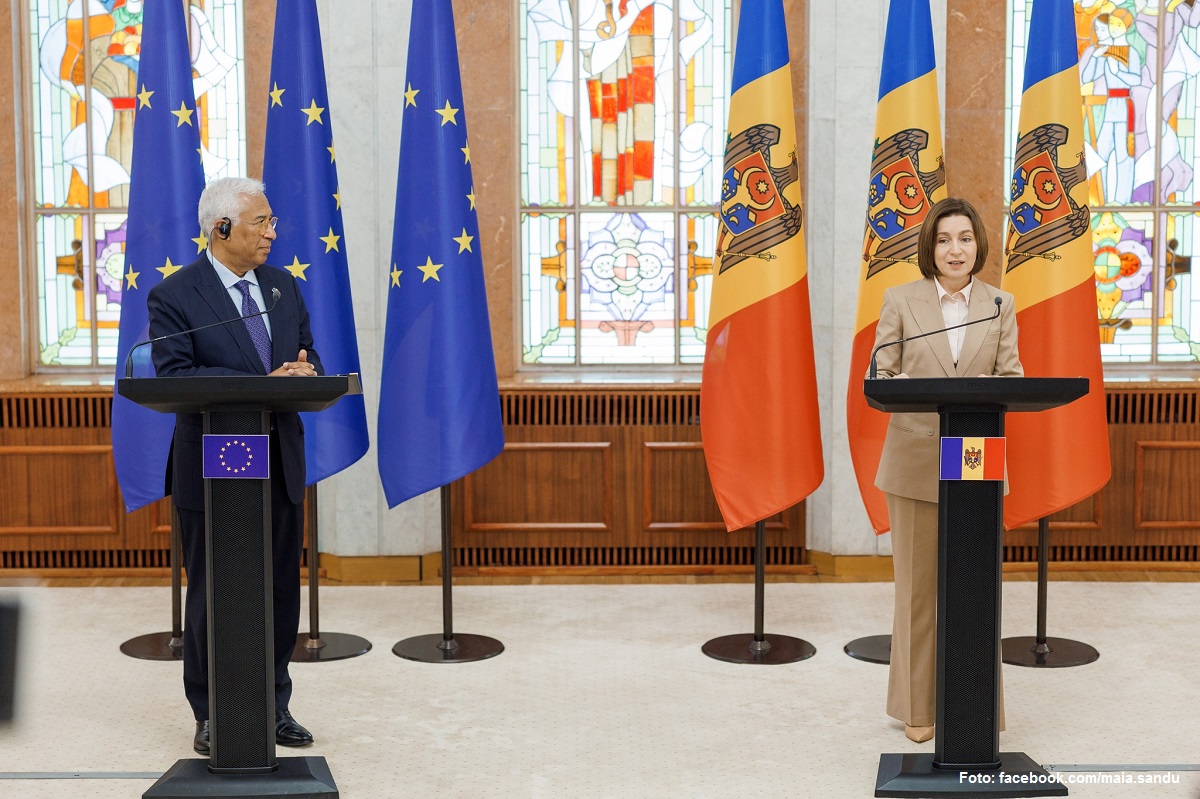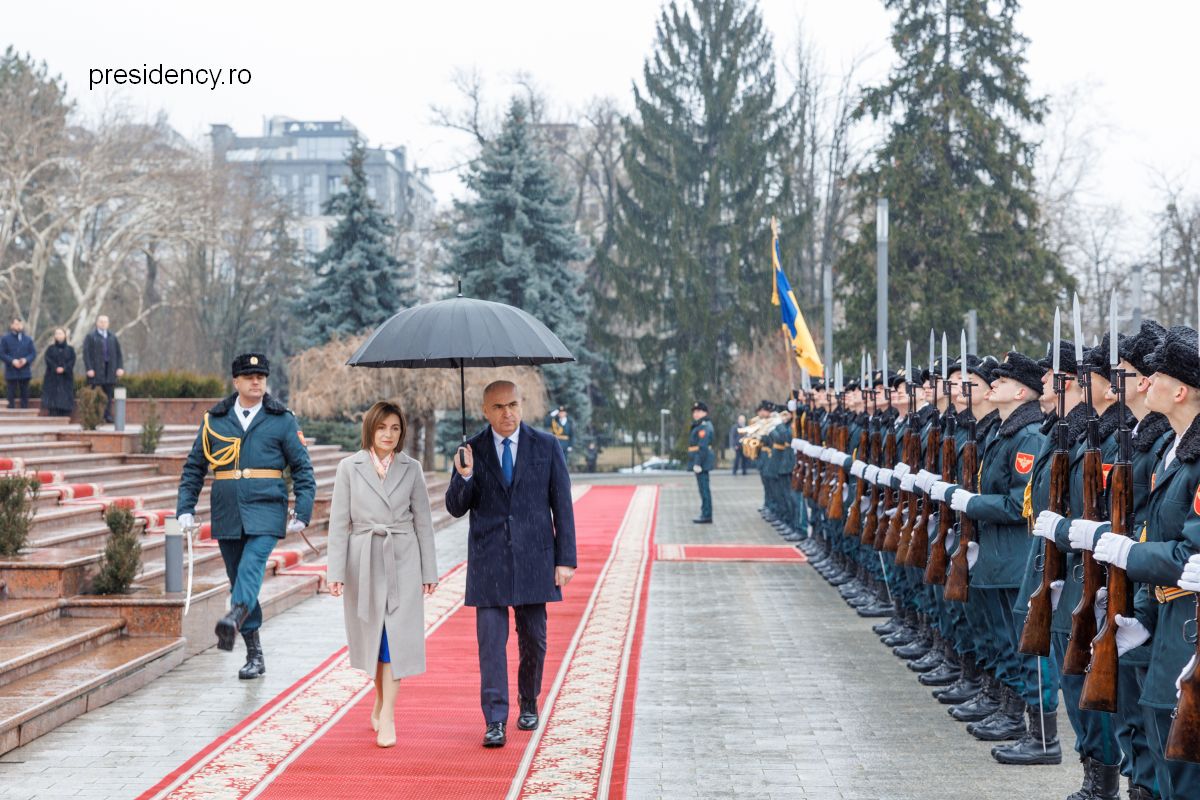Rejection of the Bill Amending the Mining Law
The bill for the modification of the Mining Law was not voted by the Chamber of Deputies because of lack of quorum.

Roxana Vasile, 11.12.2013, 13:34
The bill for the modification of the Mining Law, which had been also rejected by Senate, was not voted by the Chamber of Deputies because of lack of quorum. The rejected bill stipulated, among other things, that it was forbidden to use in exploitations across Romania technologies that affect the environment, while at the same time requiring the use of advanced methods of exploitation. The National Liberal parliamentary group, in the governing coalition, voted for the bill. MP Razvan Mironescu says the bill is good both for citizens and the economy.
“Our action is meant to discourage illegal, immoral or dangerous practices in the extraction industry and to support safe, efficient and cost-effective exploitation of Romania’s natural resources, using the state-of-the-art technologies available in each domain.”
However the bill for the modification of the Mining Law came under the criticism of opposition parties. Liberal Democrat MP, Lucian Bode, was among those who voted against the bill:
“Under this bill even the spring water is taxed by the government. We don’t agree with many amendments among which those related to forests, access roads and so on.”
The Mining Bill does not serve the interests of Romania and its citizens, says independent MP Vasile Oajdea:
“It is a dangerous bill. It runs counter to the common people’s interests, does not guarantee the ownership right, it actually serves the interests of foreigners, of big corporations, so for this very reason it should not pass.”
The daily paper Romania Libera has recently explained that the new provisions of the Mining bill should have also covered the activity in Rosia Montana. According to Romania Libera, although there is no explicit reference to this gold mining area in central Romania, the bill implicitly regulated the extraction of gold and silver ores “of special public interest”, which was defined as “projects under which at least 5 tons of gold are extracted annually”. There is just one single gold mining project that falls under this category 100%, namely the one in Rosia Montana, where the Canadian company Gold Corporations estimates to extract 15 tons of gold per year using an impressive amount of cyanides.
Both in Bucharest and in the western Romanian city of Cluj, several public institutions have been recently stormed by ecologist activists and NGO representatives who expressed their opposition to the bill for the modification of the Mining Law, claiming that the bill gave the green light to such gold mining projects as the one in Rosia Montana. As of September, protesters have been gathering each Sunday in downtown Bucharest to protest against the Rosia Montana gold mining project.






























